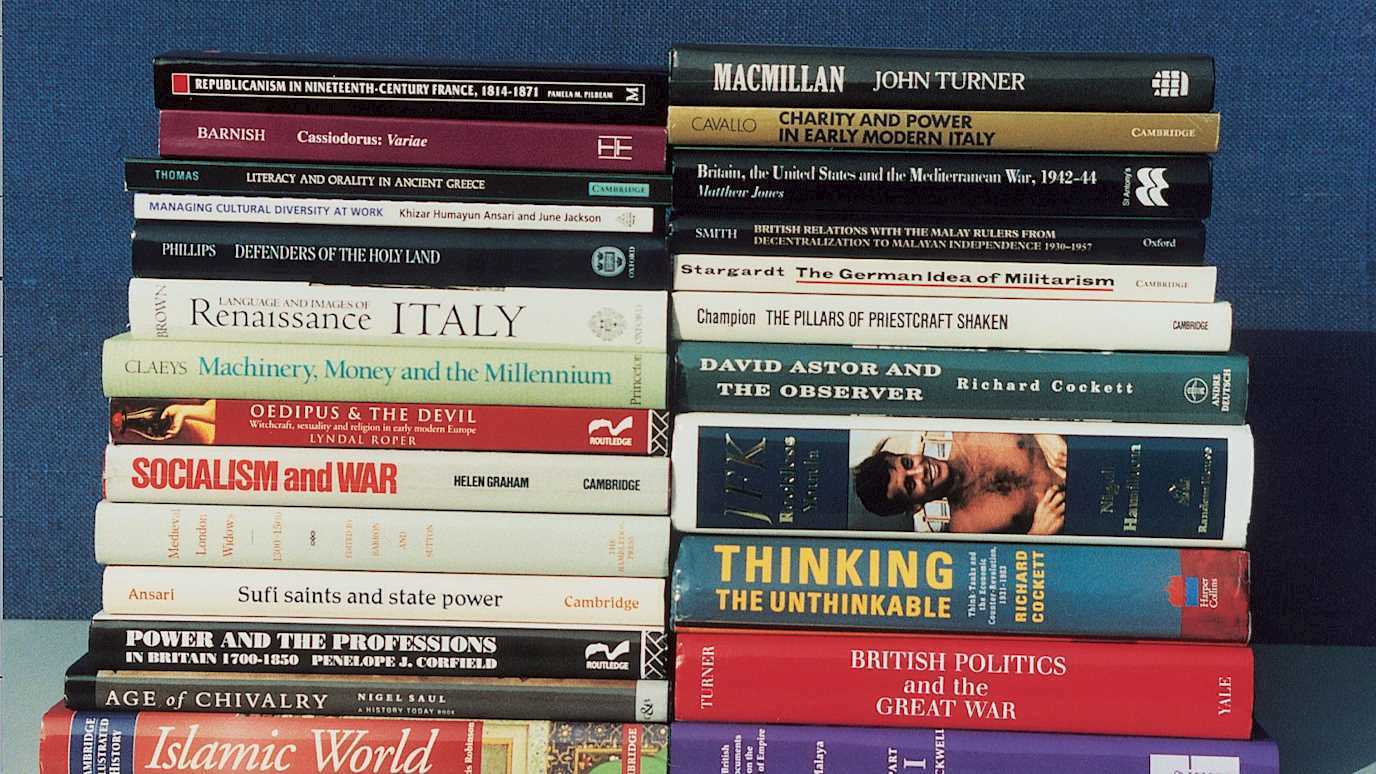Dr James Baldwin – A Film about Anti-Colonial Insurgents
The Battle of Algiers is one of the most unflinching and moving portrayals of anti-colonial struggle on film. It depicts the urban uprising of the National Liberation Front (FLN) in Algiers, the capital of French Algeria, in 1954-7. This was a crucial episode in the broader Algerian war of independence that lasted until 1962.
Directed by the Italian socialist Gillo Pontecorvo, the film was made in cooperation with leading figures in the FLN – one of whom even starred in the film. It was banned in France for several years due to its depiction of the brutal methods the French military used to suppress the revolt.
Famously, it was screened at the Pentagon in the early days of the Iraq War, to instruct American military leaders in the dynamics of counterinsurgency; it’s not clear how well they learned the lessons from it. As well as depicting the armed struggle itself, the film gives insight into colonial society in Algiers, and its division between French-speaking settlers and Arabic-speaking Algerians.
NB: A low-resolution version of The Battle of Algiers is available for free on YouTube. A better-quality version can be streamed on Amazon Prime, iTunes and BFI Player, or is available on DVD.
Questions to consider while watching:
- What does the spatial division of the city of Algiers, between the “European quarter” and the “Casbah,” tell us about colonial society?
- Pay attention to the press conferences given by FLN commander Ben M’hidi and the French paratrooper Colonel Mathieu. How does the film deal with the moral questions raised by the use of violence, on the part of the FLN and the French authorities?
- What do you think this film can contribute to current debates about the legacy of European empires?
- The film is clearly sympathetic to armed resistance to imperialism. Why do you think the Pentagon saw it as a useful teaching tool?























